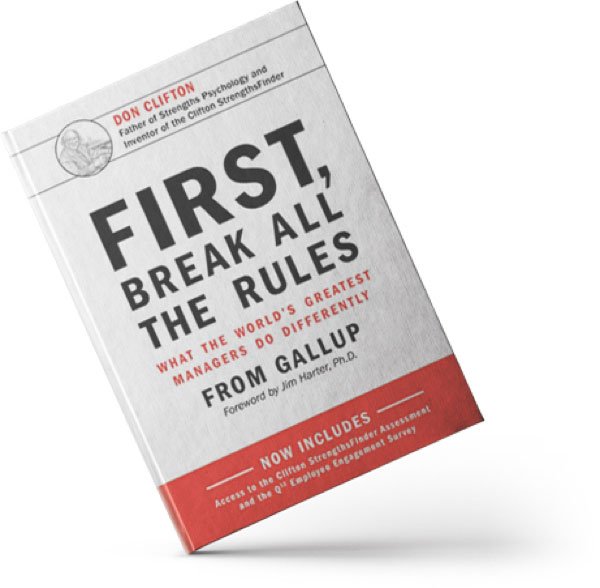As part of modernising the regime and tackling misuse, HM Treasury are requesting views on new measures being brought in from April 2023 in relation to the R&D tax relief claims.
These new measures relate to:
- Inclusion of Data and Cloud Computing costs – to allow license payments for datasets and cloud computing costs directly relating to R&D.
- Focussing relief towards UK innovation only – to disallow costs relating to overseas R&D resource or activities; and
- Measures to reduce abuse – these measures will include the claimant providing more detail of the costs and projects to which the R&D claim relates, endorsement from key individuals within the business, and providing HMRC with advance notice of a claim.
We would really appreciate your input on these areas, to allow us to put relevant views across to the Government. Further detail of HMRC’s proposals and questions can be found below.
DATA
The Government understand that datasets are an essential R&D tool for companies in many sectors. As such, expenditure on license payments for purchasing datasets used directly for R&D will qualify for relief. However, the proposals suggest that costs for datasets that can be resold or have lasting value for the business will not be allowable. Therefore, onus will be placed on the end user agreement and where this grants rights of resale over the data or allows the claimant to publish or share the raw data within the data set with a third party, then the license fees will be disallowed. Furthermore, if the end user agreement provides ongoing rights beyond the expected terms of the R&D project, then the costs will also be disallowed.
It would be helpful to receive views on whether these exclusions are fair, particularly the latter point regarding the grant of ongoing rights. Is it reasonable for the company to be considering the duration of the R&D project when agreeing an end user agreement? In the (potentially likely) event that the R&D terminates before the end user agreement, this clause could unfairly prevent the claimant from including any of the costs within their claim.
CLOUD COMPUTING
The Government will allow businesses to claim the costs of cloud computing used directly for R&D. This will include costs relating to computation, data processing, analytics and software. The proposals suggest that general overhead costs relating to servers and data storage should be identified and excluded. The Government has invited views on how practicable segregating these costs would be. We therefore invite comments on these proposals, including whether, in your view, data storage is integral to intensive R&D and so should not necessarily be excluded. Furthermore, as we move towards ‘serverless’ cloud computing we would invite thoughts on whether its sensible or relevant to ask businesses to identify and exclude these costs from their overall packages.
FOCUSSING RELIEF ON THE UK ONLY
Under the current regimes, companies can claim relief for R&D that is conducted overseas, where the expense is incurred by a UK company. This means that payments for overseas workers and subcontractors can be included in a UK company’s claim. This expenditure has been under scrutiny as the government are concerned that reliefs designed to incentivise UK innovation are in fact partly benefiting overseas R&D.
To focus the relief on UK R&D, the government proposes introduce restrictions for activities that are carried on outside the UK. This means that only costs will be allowed for subcontractors where the work is carried on within the UK. Similarly, where a company incurs expenditure for external workers, they will only be able to include the costs in their R&D claim for workers are paid through a UK payroll.
These new measures will have a significant impact on many businesses, particularly those in information technology, who commonly use overseas contractors and workers to obtain skills or costs benefits.
As such, the government is interested in opinions on whether exceptions should apply for certain overseas R&D activities. Whilst they will not consider allowing expenditure purely on the basis of a cost benefit, do you feel there are certain skills or resources that are largely available outside the UK, and therefore would warrant an exception ?
MEASURES TO REDUCE ABUSE
Understandably with the growing number of providers and exponential increase in claims over recent years, concern is growing that a level of abuse is creeping in. The estimated cost to the Treasury of this perceived abuse is in the region £311 million and is thought to largely arise from unscrupulous advisers entering the market with little or no professional qualifications or experience.
HMRC do not have the time or resource to review every case, and as such, new measures are being proposed to protect the integrity of the scheme. These include changes to:
- Require further detail of the R&D expenditure, including explanations of the types of scientific or technological advances sought, the relevant scientific or technological field and the challenges that were overcome.
- Require endorsement by a senior officer within the business (such as director).
- Require advance notice of the claim.
Cooper Parry R&D clients will be aware that we already satisfy the first point (in terms of providing analysis of the expenditure and the nature of the activities). We would be keen to know how you feel about providing endorsement of the claim at a senior level, as well as providing advance notification. Regarding advance notification, we would be interested to understand whether you feel it is reasonable to be able to predict whether or when R&D will be carried out, or whether this may arise on an adhoc basis when delivering products or services to satisfy commercial agreements ?
Thank you for reading. We would be grateful for comments on some or all of the points raised above before 4th February. Please email Rebecca, details below or your usual Cooper Parry R&D adviser.























